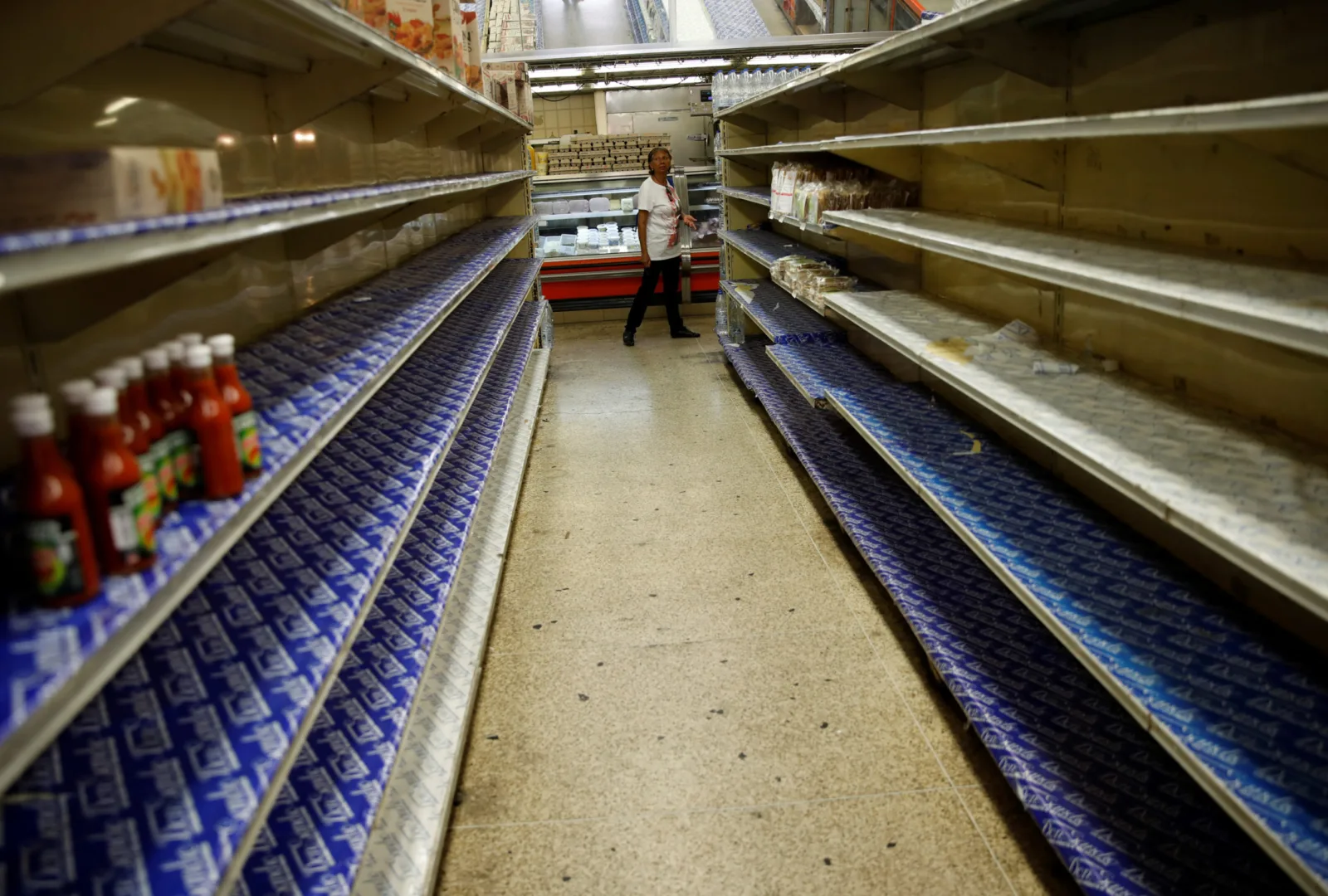The Human Rights Impact of Broad-Based Economic Sanctions — Time to Rethink our Approach?
Over the past three decades, we have seen an explosion in the United States’ use of broad-based economic sanctions. Policymakers on both sides of the aisle view sanctions as an attractive, low-cost foreign policy tool. Sanctions are often seen as an alternative to war and justified on human rights grounds. The economic pain inflicted on the target country is supposed to compel it to cease its human rights abuses. But are broad-based economic sanctions themselves an instrument that violates human rights by increasing the suffering of civilian populations? Growing evidence shows that broad-based economic sanctions have disastrous human rights impacts on the ground, causing starvation, shortages in critical medicines, electricity, and even clean water. Is it time to rethink our usage of broad-based economic sanctions? Join us on Wednesday, April 28 at 1:00 PM EST for a discussion on human rights and broad-based economic sanctions. The panel will include QI Non-Resident Fellow Asli Bali, Professor of Law at UCLA; Peter Beinart, Professor of Journalism and Political Science at the Newmark School of Journalism at the City University of New York; and QI Non-Resident Fellow Joshua Landis, Syria expert and Professor of Middle East Studies at the University of Oklahoma. Trita Parsi, Quincy Institute’s Executive Vice President, will moderate the conversation.
Topics
Panelists

Asli Bâli
Aslı Bâli is a Non-Resident Fellow at the Quincy Institute and Professor of Law at the UCLA School of Law, where she served as the founding Faculty Director of the Promise Institute for Human Rights and the Director of the UCLA Center for Near Eastern Studies. Bâli’s research focuses on two broad areas: public international law—including human rights law and the law of the international security order—and comparative constitutional law, with a focus on the Middle East. She currently serves as co-chair of the Advisory Board for the Middle East Division of Human Rights Watch and as chair of the Task Force on Civil and Human Rights for the Middle East Studies Association. She is the editor of Constitution Writing, Religion and Democracy (2017).

Peter Beinart
Peter Beinart is a contributing opinion writer for The New York Times and writes The Beinart Notebook at Substack.com. He is a professor of journalism and political science at The Newmark School of Journalism at the City University of New York. He is also editor-at-large of Jewish Currents, a non-resident fellow at the Foundation for Middle East Peace and a CNN political commentator. His work centers on the nexus of domestic and foreign policy and politics. From 1999 to 2006 he was the editor of The New Republic. His books include The Good Fight, The Icarus Syndrome and The Crisis of Zionism. He recently wrote a New York Times op-ed on U.S. sanctions entitled: "America's Other Forever War."

Joshua Landis
Joshua Landis is a Non-Resident Fellow at the Quincy Institute and Sandra Mackey Chair and Professor of Middle East Studies at the University of Oklahoma in the College of International Studies and Director of the Center for Middle East Studies. He writes and manages SyriaComment.com, a daily newsletter on Syrian politics that attracts some 50,000 page-reads a month. Dr. Landis publishes frequently in policy journals such as Foreign Affairs, Middle East Policy, and Foreign Policy. He is the author of Syria at Independence: Nationalism, the Fight for Leadership, and Failure of Republicanism (2020). He is past President of the Syrian Studies Association. He was educated at Swarthmore (BA), Harvard (MA), and Princeton (PhD).

Trita Parsi
Trita Parsi, PhD, is an award-winning author and the 2010 recipient of the Grawemeyer Award for Ideas Improving World Order. He is an expert on US-Iranian relations, Iranian foreign politics, and the geopolitics of the Middle East. He has authored three books on US foreign policy in the Middle East, with a particular focus on Iran and Israel. He is the co-founder and former President of the National Iranian American Council. He received his PhD in foreign policy at Johns Hopkins’ School for Advanced International Studies, a Master's Degree in International Relations from Uppsala University, and a Master's Degree in Economics from the Stockholm School of Economics.
